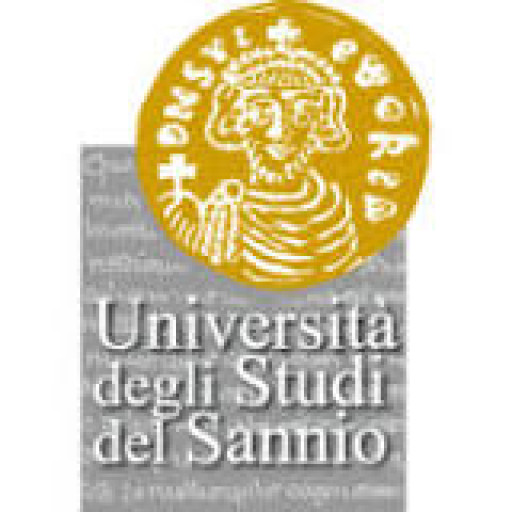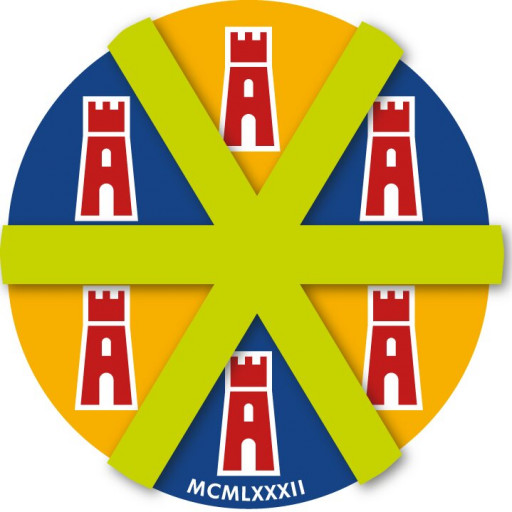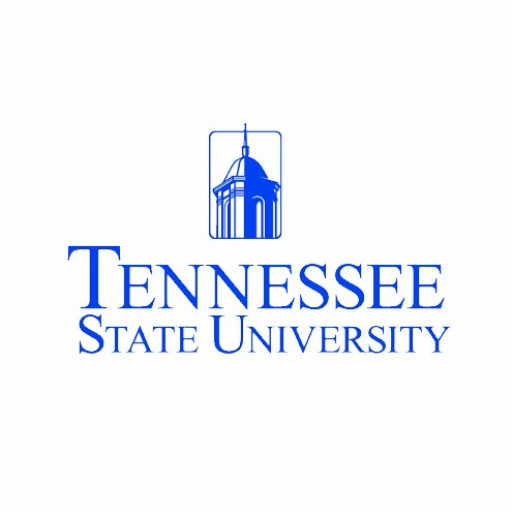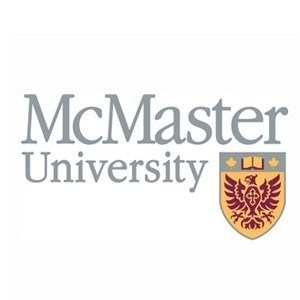Photos of university / #unibasel
The Master of Science in Infection Biology at the University of Basel offers a comprehensive interdisciplinary education focused on the mechanisms, diagnosis, prevention, and treatment of infectious diseases. This program is designed to equip students with a thorough understanding of microbial pathogens, host immune responses, and the epidemiological aspects of infectious diseases. Students will acquire advanced knowledge in microbiology, immunology, molecular biology, and virology, enabling them to critically analyze and solve complex problems related to infectious diseases in various contexts. The curriculum emphasizes practical skills through laboratory work, research projects, and internships, fostering hands-on experience in cutting-edge techniques used in infectious disease research and diagnostics. In addition, students will explore topics such as antimicrobial resistance, vaccine development, infection control strategies, and emerging infectious threats, preparing them for careers in research, healthcare, public health, or the biotech industry. The program encourages critical thinking and independent research, culminating in an original thesis that contributes to the current scientific understanding of infection biology. Collaboration with leading research institutes and healthcare providers provides students with valuable networking opportunities and exposure to real-world challenges. Graduates of this program will be well-equipped to pursue doctoral studies or employment in academic, clinical, governmental, or industrial sectors focused on infectious disease control and prevention. The University of Basel’s Infection Biology MSc combines rigorous theoretical education with practical training, fostering a new generation of scientists committed to combating infectious diseases globally.
The Master of Science degree is a postgraduate degree that requires a successfully completed Bachelor’s program. The Specialized Master’s degree program Infection Biology awards 90 ECTS credits and is a so called mono-course consisting of only one core subject. Supervised practical work over the course of one year constitutes the core of the studies. One ECTS credit point roughly equals 30 hours of studying.
The degree programs at the Faculty of Science are generally mono-courses with the possible addition of an in-depth subject and an elective subject. The Specialized Master’s degree program Infection Biology includes an elective subject; however, no other subjects are required. It is possible to study biology in combination with a second subject from the Faculty of Humanities or the sports sciences (see UNI INFO “Biologie - ausserfakultäres Fach”). The professional exam for the teaching diploma for secondary schools requires a Master’s degree in one or two subjects (i.e. biology). At least one of the two subjects has to be successfully completed at a Master’s level. For the second subject at least 90 ECTS credits have to be awarded in consultation with the University of Applied Sciences and Arts Northwestern Switzerland (FHNW) and the teaching commission of the respective subject. The mandatory courses in biology are stated in an information sheet which can be obtained from the Studies Secretariat Biology.
The following degrees of a Swiss University allow for direct admission to the Specialized Master's degree program Infection Biology: Bachelor of Science (BSc) in Biology or BSc in Biochemistry or BSc in Medicine or BSc in Veterinary Medicine or BSc in Pharmaceutical Sciences; minimum average mark of 5.0 for all BSc degrees and basic knowledge in infection biology/microbiology of at least 4 CP are required.
Students with a BSc in a different branch will be assessed individually. Students with a BSc degree but insufficient mark can alternatively pass the GRE test in the area of “Quantitative Reasoning” or pass the GRE® subject test “Biochemistry, Cell and Molecular Biology” or pass the GRE® subject test “Biology” all with a score in the top 35 % (GRE = Graduate Record Examinations®).
BSc degrees from other Swiss or foreign universities are also eligible but have to be approved by the respective teaching committee of the Faculty of Science.
The MSc in Infection Biology at the University of Basel offers a range of financing options to support students throughout their studies. Tuition fees for international and Swiss students are generally affordable compared to other institutions, with the current fee structure providing transparency and clarity. Scholarships are available for outstanding students, including need-based awards and merit-based grants, which can significantly reduce financial burdens. The university encourages applicants to explore external funding sources such as private foundations, government grants, and international scholarship programs that support students pursuing advanced degrees in life sciences and related fields. Additionally, part-time work opportunities on or near campus may be available, allowing students to supplement their income while gaining practical experience. The university’s financial aid office provides guidance on applying for scholarships and loans, ensuring that students are well-informed about the options to finance their education. International students are advised to prepare early and seek advice on visa requirements and financial documentation. While specific details on the exact amount of scholarships and the application process are published on the university’s official website, it is recommended that prospective students contact the university’s admissions and financial aid offices directly for personalized assistance. Overall, the University of Basel is committed to making higher education accessible and affordable, and offers various support mechanisms to help students successfully complete their MSc in Infection Biology without undue financial stress.
The University of Basel currently collects CHF 850 in tuition fees per semester, along with CHF 10 for the student body.
Please note that there are also costs for books and, of course, your personal living expenses. The following list provides a general indication of monthly living expenses if you are not living at home with your family.
Rent (room, shared living space, student dormitory)
Minimum: CHF 400; Average: CHF 600
Food, household, clothing
Minimum: CHF 450; Average: CHF 600
Insurance/healthcare
Minimum: CHF 200; Average: CHF 300
Transportation
Minimum: CHF 60; Average: CHF 90
Learning materials
Minimum: CHF 100; Average: CHF 150
Tuition Fees
CHF 140
Recreation/culture
Minimum: CHF 150; Average: CHF 220
Total
Minimum: CHF 1500; Average: CHF 2100










